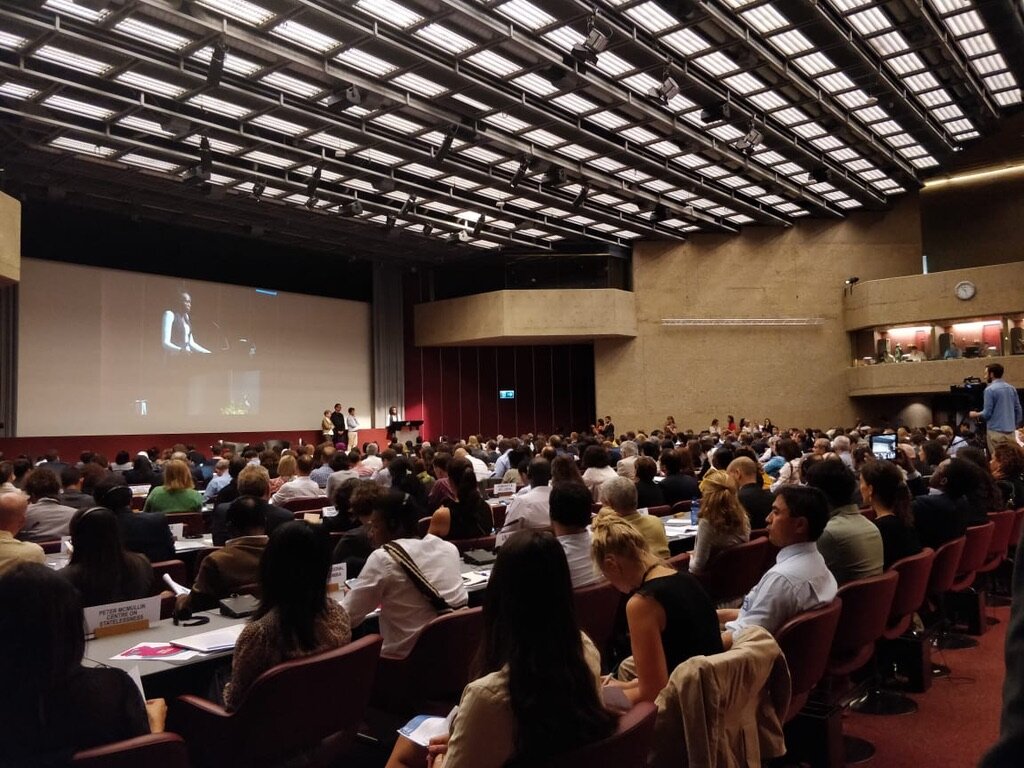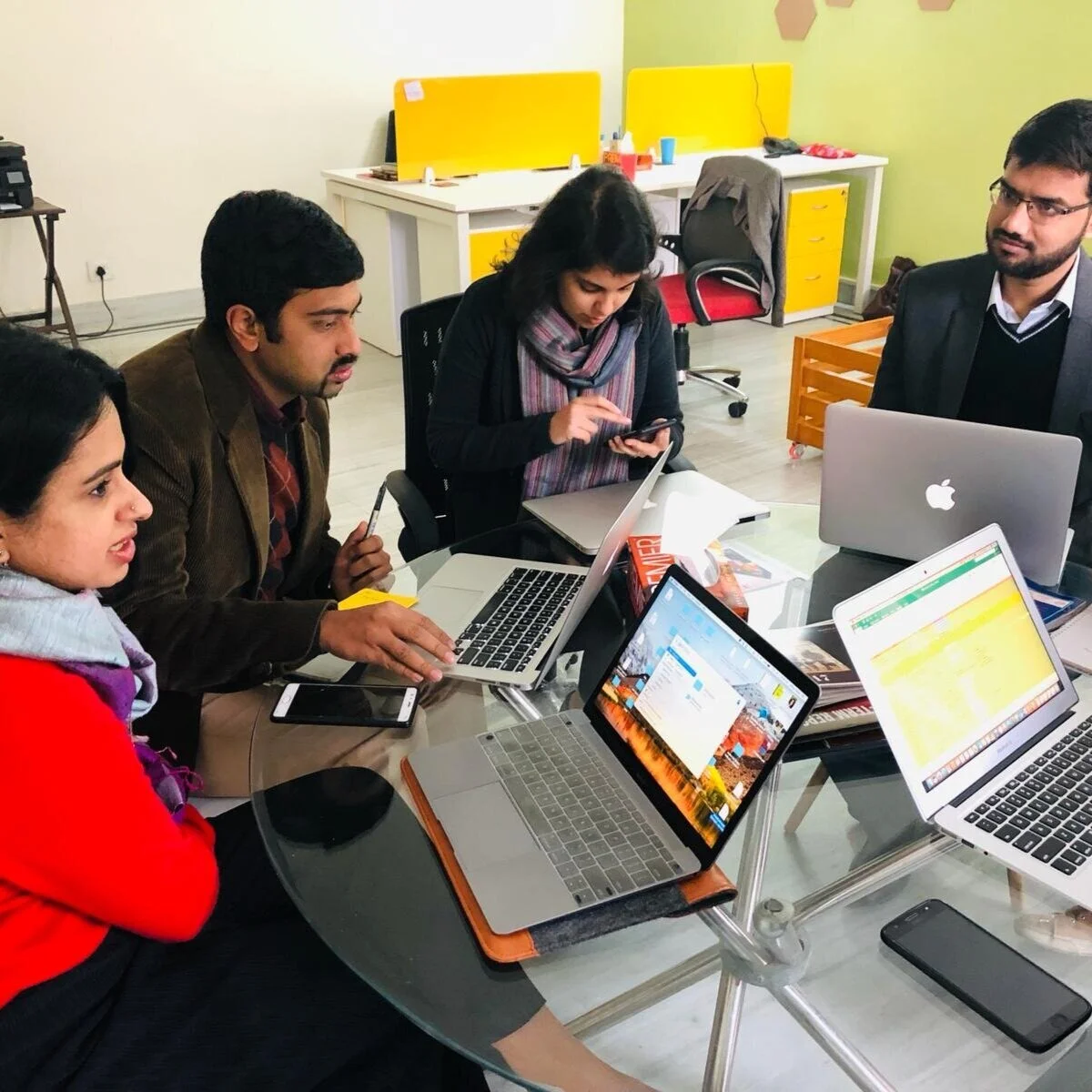
Advocacy
Domestic Legislation | Strategic Litigation | Targeted Research
MAP’s advocacy initiatives are driven with the objective of upholding principles of humanitarian law and securing the legal rights of displaced communities. To achieve this, the organisation actively creates and participates in community and civil society networks on a local, regional and international level, and engages with governing institutions, to identify protection gaps and formulate evidence-driven and actionable policy solutions for displaced communities.
Domestic Asylum Bill
Despite not being a signatory to the 1951 Refugee Convention, India has had a long standing practice of hosting refugees. However, its unwillingness to commit to the Convention has continued, in part, due to its belief that the Eurocentric approach of the instrument fails to consider protracted conflicts that have caused large scale displacement for decades, such as in the case of Afghanistan and Tibet, which consequently increases the burden on its resources. Taking this into consideration, MAP, drafted a comprehensive asylum framework keeping in mind India’s existing policies while ensuring that both Constitutional and international principles of law were upheld. The bill was endorsed by a sitting Member of Parliament and presented as a Private Member’s Bill in 2015.
Strategic Litigation
MAP frequently collaborates with legal practitioners representing displaced communities in the various courts and tribunals in India to provide research and drafting support; and devises legal strategies that best address their larger protection needs. MAP also holds regional engagements that provides a platform for legal practitioners and CSOs from various contexts to jointly develop innovative solutions and share best practices that can effectively strengthen the legal protection systems for the target population.
Targeted Research
MAP’s advocacy and research initiatives are designed to promote social inclusion of displaced populations in India. This includes undertaking qualitative and quantitative research, mapping the current legal systems and policy frameworks and identifying the challenges and barriers for practical access to rights and entitlements under them. The findings are then shared amongst larger networks to inform programmatic interventions.




